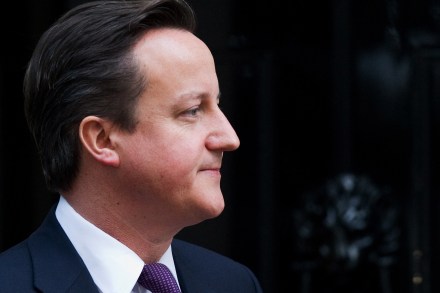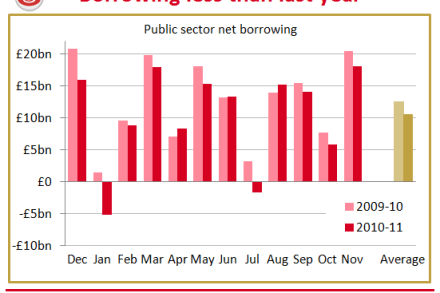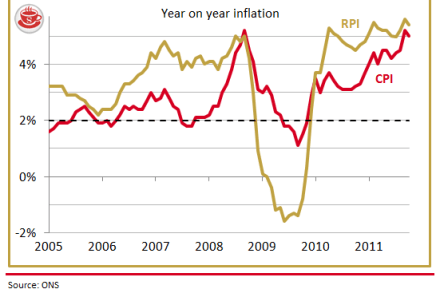A taxing problem for George Osborne
Today’s FT reports that additional council tax bands are being considered as part of the Budget process. But there are several problems with introducing new council tax bands. First, this would require a wider revaluation, something that the coalition has ruled out explicitly and that would almost certainly drive up council tax for most people. A revaluation, as a parliamentary question from George Osborne’s former chief of staff Matt Hancock established, would cost around £200 million. It would also take two to three years to complete, meaning revenues from any new band wouldn’t start accruing until either very close to, or even after, the next election. Finally, higher

















